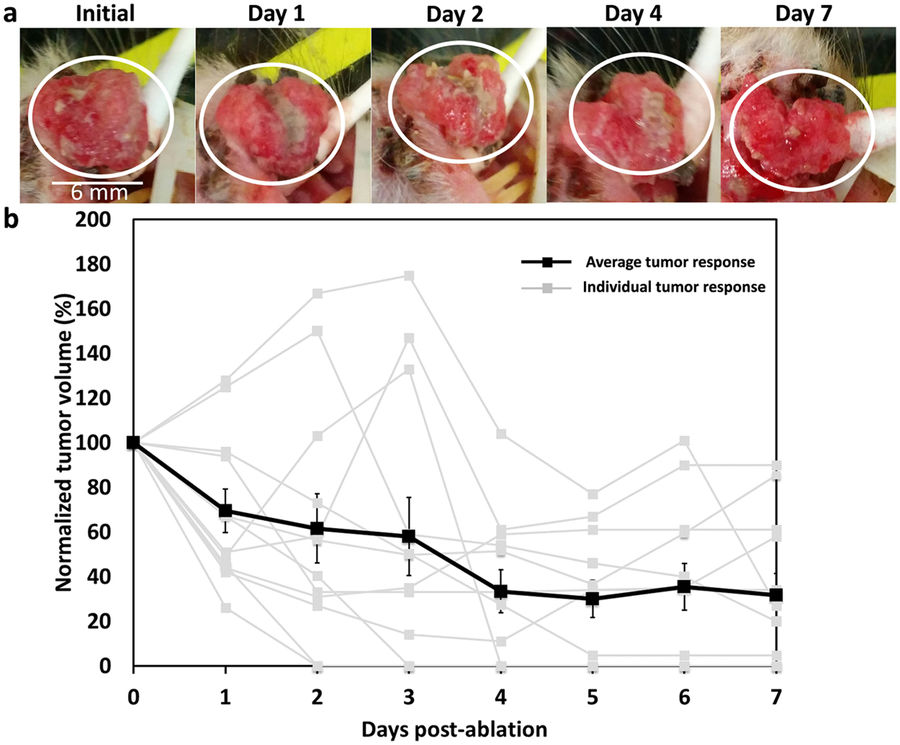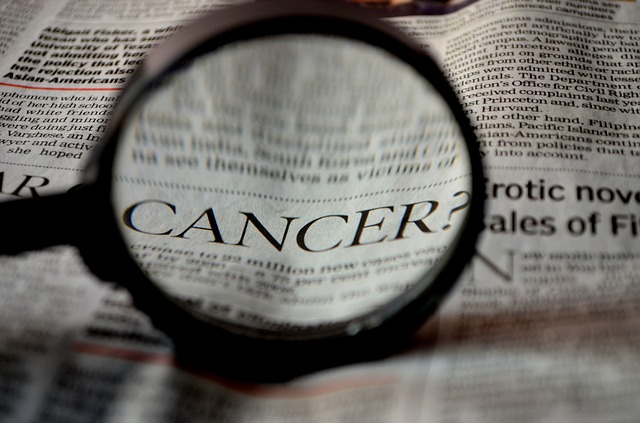Cancer therapy, especially one that uses cutting-edge technology, is expensive everywhere around the world. The situation is even tougher for patients in the developing countries, and the already tough situation is made worse by the lack of enough (if any) healthcare professionals and equipment to facilitate that therapy. At times, even basic thing like access to reliable electricity is a challenge.
For that reason, it is something to celebrate when the science community invests their time and resources in coming up with effective cancer treatment that is low-tech and affordable. These days, it seems all research and development works is focusing on expensive cutting edge technology, which makes the end solution costly to the intended recipients.
Indeed, there are some new promising high-tech cancer therapy programs that are not even economically viable in places like the United States; let alone the developing world.
Well, a team of researchers from the Duke University has come up with a low-cost and 100% effective cancer therapy solution. This team is using Ethanol, yes, that stuff that makes cocktails interesting, to kill tumor cells.
Apparently, Ethanol is capable of killing tumors when it is injected directly into the cells. Ethanol does so by destroying the proteins and fatally dehydrating the cells; this process is referred to as ethanol ablation.
Ethanol ablation is already being used to a type of liver cancer at the cost of less than $5 per treatment and having a success rate similar to surgery. The Duke University researchers used Ethanol on squamous cell carcinoma in a hamster by injecting it with an ethanol-based gel directly into the areas with tumors.
The researchers have published their work in the Nature Scientific Reports. They were inspired by the already existing low-cost cancer therapy by improving it and making it effective on a wider range of tumors.
So far, Ethanol ablation treatment is limited to a type of cancer that affects the liver. The Duke researchers have improved that treatment to cure a wider range of types of cancer. They have blended the Ethanol with ethyl cellulose to make a solution in gel-form that is injected into the tumors and remain close to the injection site. The gel was administered to a hamster model; to be specific, it was administered to a hamster mode with oral squamous cell carcinoma. The controlled tumors were then injected with the pure Ethanol, while experimental hamster were given the new Ethanol gel.
The gel was administered to a hamster model; to be specific, it was administered to a hamster mode with oral squamous cell carcinoma. The controlled tumors were then injected with the pure Ethanol, while experimental hamster were given the new Ethanol gel.
Seven days later, six of the seven tumors in the hamsters that got the Ethanol gel completely regressed. By the eighth day, all the seven tumors were completely gone with a cure rate of 100%.



